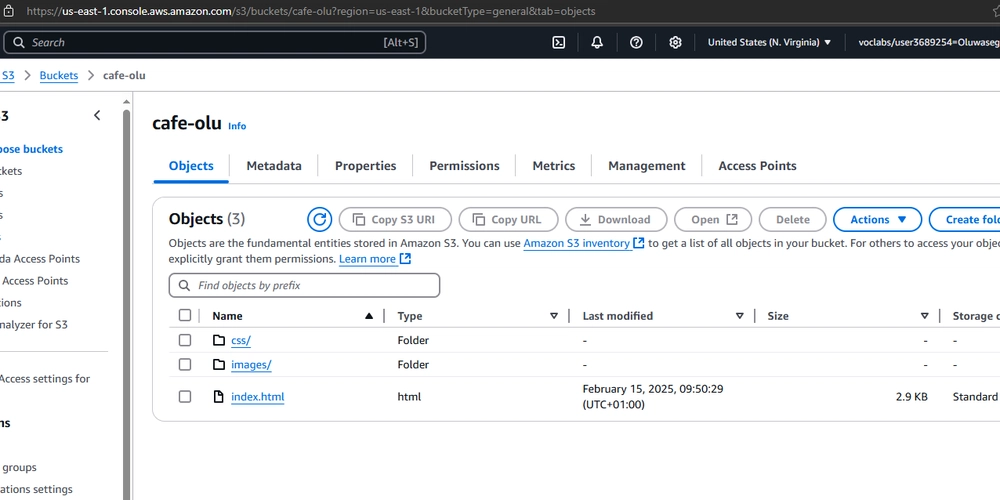How Proxies Shape Your Network Speed
Ever noticed your network slowing down unexpectedly? The culprit could be your proxy. Proxies are often the unsung heroes (or villains) of your internet experience. They act as middlemen, routing traffic between your device and the internet. Depending on the type, location, and quality, proxies can either accelerate or drag your connection. Let's unpack the impact of proxies on network speed and what this means for you. Different Proxies, Different Speeds Not all proxies are created equal. They vary in speed, reliability, and performance. Here’s a breakdown of the most common types and how they affect your network. Residential Proxies: These are tied to real physical locations. Sounds great, right? And they are, in terms of trust. They mimic regular internet users, which means they’re often hard to detect. However, their speed can be a bit sluggish. Why? They rely on residential ISPs, which typically don’t offer the blazing speeds you’ll find with business-level connections. If you need reliability over raw speed, these are a solid choice. ISP Proxies: When it comes to stability and speed, ISP proxies are a top contender. They come directly from the Internet Service Provider, giving them access to high-quality, fast connections. These proxies offer a strong balance—reliable and relatively quick. Need performance without the frills? ISP proxies are your go-to. Datacenter Proxies: Speed. Pure, unadulterated speed. Datacenter proxies come from data centers with robust, high-speed connections. They excel in performance-heavy tasks like scraping or large data transfers. The catch? While they’re fast, they aren’t as trusted as residential proxies. If anonymity isn’t your top priority, these are a fast solution. Mobile Proxies: They’re slower—there’s no sugarcoating it. Mobile proxies use cellular networks, which are inherently slower than fixed-line connections. But they’re almost undetectable. If avoiding detection is more important than speed, mobile proxies are worth considering. Plus, they tend to be highly trusted by websites, making them a great choice for scraping and anonymity. How to Choose the Right Proxy for Your Needs So how do you choose the right one? Your decision hinges on two main factors: speed and reliability. Let’s break it down: Need Lightning Speed? Go with Datacenter Proxies. They’re built for speed, and you won’t have to worry about throttling. Just remember—they’re not the best when it comes to trust. Looking for a Steady, Reliable Connection? ISP Proxies offer solid performance without the extreme speeds. You get consistency, with just the right amount of speed for most tasks. Need Stealth? Choose Mobile Proxies. They’re slower, but they can bypass detection like a pro. If you need to stay under the radar, mobile proxies are the way to go. Need Trust and a Balance of Speed? Residential Proxies offer a middle ground. They’re reliable and offer decent speeds, but they can’t match the raw speed of datacenter proxies. Final Thoughts Choosing the right proxy isn’t just about picking the fastest option. It’s about balancing speed, trust, and reliability based on your needs. Take the time to evaluate your goals—whether it's speed, anonymity, or both. Once you do, your network performance will improve dramatically. Choose wisely, and your network will run smoother than ever.
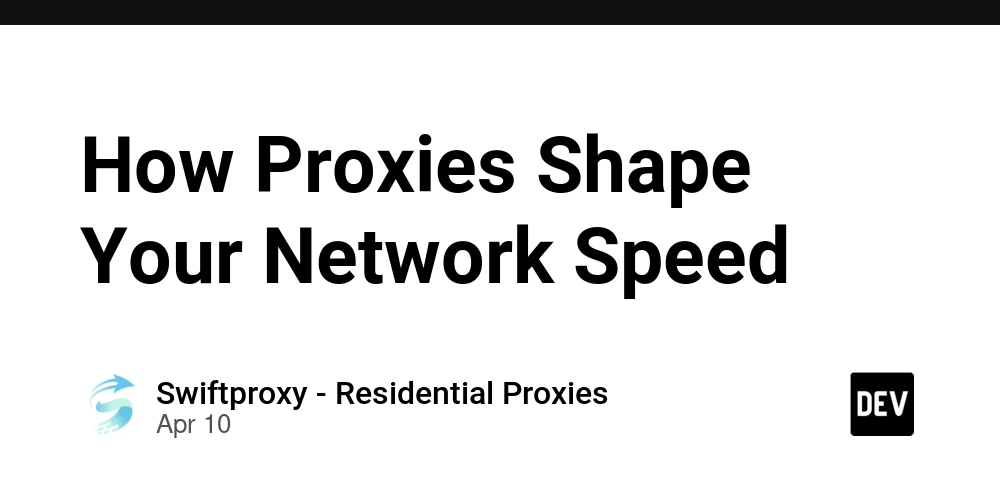
Ever noticed your network slowing down unexpectedly? The culprit could be your proxy. Proxies are often the unsung heroes (or villains) of your internet experience. They act as middlemen, routing traffic between your device and the internet. Depending on the type, location, and quality, proxies can either accelerate or drag your connection. Let's unpack the impact of proxies on network speed and what this means for you.
Different Proxies, Different Speeds
Not all proxies are created equal. They vary in speed, reliability, and performance. Here’s a breakdown of the most common types and how they affect your network.
Residential Proxies: These are tied to real physical locations. Sounds great, right? And they are, in terms of trust. They mimic regular internet users, which means they’re often hard to detect. However, their speed can be a bit sluggish. Why? They rely on residential ISPs, which typically don’t offer the blazing speeds you’ll find with business-level connections. If you need reliability over raw speed, these are a solid choice.
ISP Proxies: When it comes to stability and speed, ISP proxies are a top contender. They come directly from the Internet Service Provider, giving them access to high-quality, fast connections. These proxies offer a strong balance—reliable and relatively quick. Need performance without the frills? ISP proxies are your go-to.
Datacenter Proxies: Speed. Pure, unadulterated speed. Datacenter proxies come from data centers with robust, high-speed connections. They excel in performance-heavy tasks like scraping or large data transfers. The catch? While they’re fast, they aren’t as trusted as residential proxies. If anonymity isn’t your top priority, these are a fast solution.
Mobile Proxies: They’re slower—there’s no sugarcoating it. Mobile proxies use cellular networks, which are inherently slower than fixed-line connections. But they’re almost undetectable. If avoiding detection is more important than speed, mobile proxies are worth considering. Plus, they tend to be highly trusted by websites, making them a great choice for scraping and anonymity.
How to Choose the Right Proxy for Your Needs
So how do you choose the right one? Your decision hinges on two main factors: speed and reliability. Let’s break it down:
Need Lightning Speed? Go with Datacenter Proxies. They’re built for speed, and you won’t have to worry about throttling. Just remember—they’re not the best when it comes to trust.
Looking for a Steady, Reliable Connection? ISP Proxies offer solid performance without the extreme speeds. You get consistency, with just the right amount of speed for most tasks.
Need Stealth? Choose Mobile Proxies. They’re slower, but they can bypass detection like a pro. If you need to stay under the radar, mobile proxies are the way to go.
Need Trust and a Balance of Speed? Residential Proxies offer a middle ground. They’re reliable and offer decent speeds, but they can’t match the raw speed of datacenter proxies.
Final Thoughts
Choosing the right proxy isn’t just about picking the fastest option. It’s about balancing speed, trust, and reliability based on your needs. Take the time to evaluate your goals—whether it's speed, anonymity, or both. Once you do, your network performance will improve dramatically. Choose wisely, and your network will run smoother than ever.









































































































































































![[The AI Show Episode 144]: ChatGPT’s New Memory, Shopify CEO’s Leaked “AI First” Memo, Google Cloud Next Releases, o3 and o4-mini Coming Soon & Llama 4’s Rocky Launch](https://www.marketingaiinstitute.com/hubfs/ep%20144%20cover.png)














































































































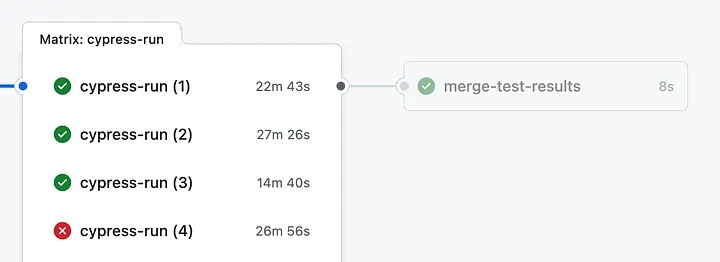


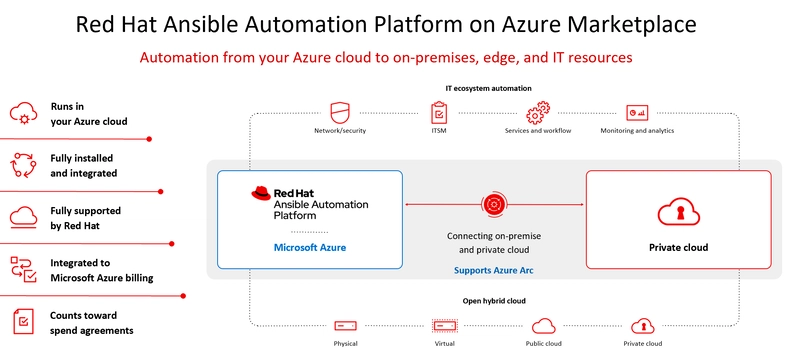






























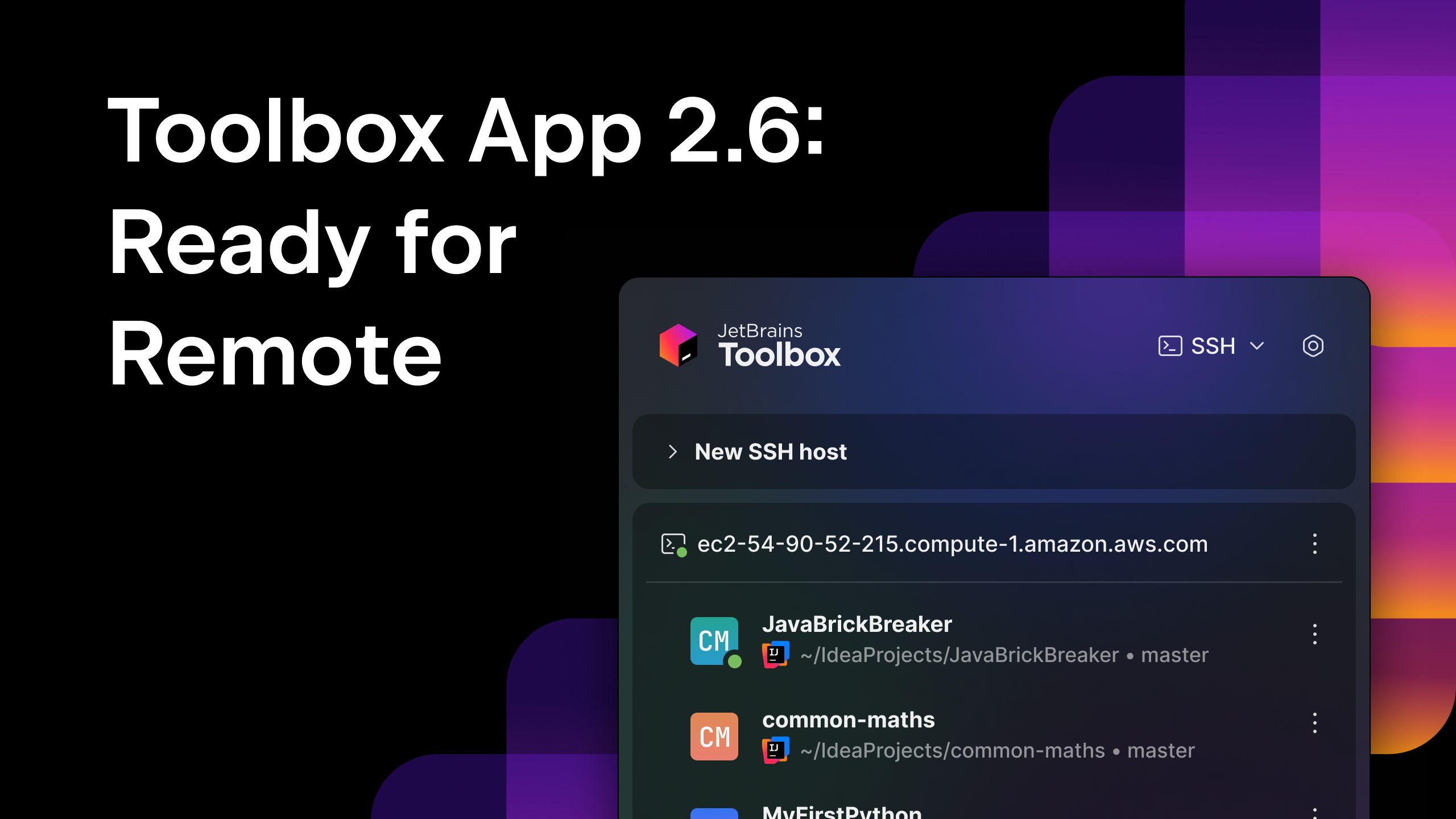





















































![Blue Archive tier list [April 2025]](https://media.pocketgamer.com/artwork/na-33404-1636469504/blue-archive-screenshot-2.jpg?#)






























.png?#)











-Baldur’s-Gate-3-The-Final-Patch---An-Animated-Short-00-03-43.png?width=1920&height=1920&fit=bounds&quality=70&format=jpg&auto=webp#)




































































































































![Apple's Foldable iPhone May Cost Between $2100 and $2300 [Rumor]](https://www.iclarified.com/images/news/97028/97028/97028-640.jpg)
![Apple Releases Public Betas of iOS 18.5, iPadOS 18.5, macOS Sequoia 15.5 [Download]](https://www.iclarified.com/images/news/97024/97024/97024-640.jpg)
![Apple to Launch In-Store Recycling Promotion Tomorrow, Up to $20 Off Accessories [Gurman]](https://www.iclarified.com/images/news/97023/97023/97023-640.jpg)

































































































































